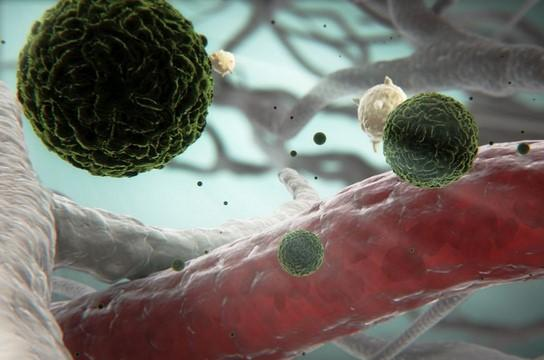
In Open Forum Infectious Diseases, researchers link dengue infection to a slightly increased risk of subsequent COVID-19 infection and a significantly higher risk of severe COVID-19 illness and hospitalization.
For the study, investigators at the National Centre for Infectious Diseases in Singapore used data from national registries to evaluate COVID-19 infections and outcomes among almost 3.4 million adults from July 2021 to October 2022, when waves of the SARS-CoV-2 Delta and Omicron variants followed a dengue outbreak.
"Elucidating whether prior dengue potentially confers cross-protection against COVID-19 is of public health importance in tropical countries at-risk of overlapping dengue and COVID-19 epidemics," the authors wrote.
Triple the risk of severe COVID-19
In total, 13,434 dengue infections were documented, and nearly all (96.8%) were mild and didn't require hospitalization.
During the same period, 1,253,520 subsequent COVID-19 cases were recorded, of which 9.2% occurred during the Delta wave and 90.8% amid Omicron. Most cases (82.3%) occurred in people who received a booster vaccine dose before infection. The average time from dengue to COVID-19 infection was 94.7 days.
Elucidating whether prior dengue potentially confers cross-protection against COVID-19 is of public health importance in tropical countries at-risk of overlapping dengue and COVID-19 epidemics.
Dengue infection was tied to a modestly elevated risk of subsequent COVID-19 infection (adjusted hazard ratio [aHR], 1.13) and a more than triple risk of severe COVID-19 (aHR, 3.39) and hospitalization (aHR, 3.25) across vaccination subgroups.
In adults without previous dengue, the unadjusted incidence of COVID-19 was 894.7 cases per million person-days, compared with 1,537.5 per million person-days among those with dengue.
A lower risk of severe COVID-19 reinfection and hospitalization was seen with a longer time since dengue infection, with lower risk of COVID-19 hospitalization among those with dengue 1 or 2 years (adjusted odds ratio [aOR], 0.39) and 3 or more years before (aOR, 0.33), versus less than 1 year before.
"Increased risk of adverse COVID-19 outcomes following dengue infection may potentially be attributable to overlapping sociodemographic factors predisposing at-risk individuals to both dengue infection and severe COVID-19; or may suggest the possibility of increased risk of subsequent severe COVID-19 through an antibody dependent-like enhancement mechanism, after a preceding infection," the researchers wrote.














